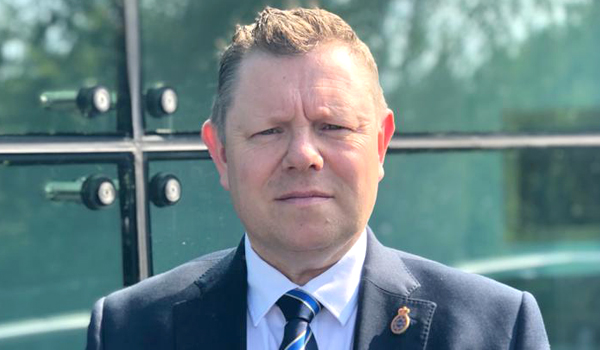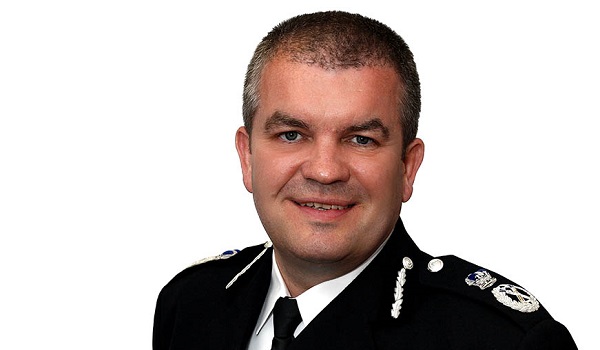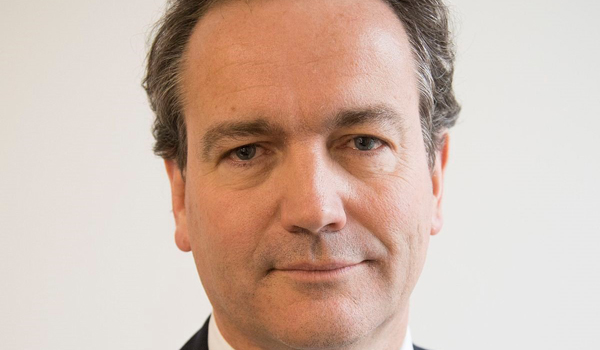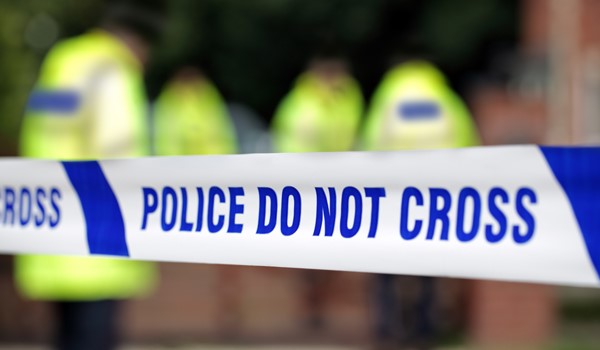Police response to coronavirus lockdown measures 'proportionate and effective'
The College of Policing has welcomed a report highlighting the “proportionate and effective” police response to the Government’s Covid-19 ‘lockdown’ measures.
Published on Friday (April 17), the Home Affairs Select Committee report also supports the police strategy to ‘engage, explain and encourage’, with enforcement as a last resort, and recognises “the vital work of police officers across the country to support the NHS and save lives”.
However, it said forces needed to continue to address and correct errors quickly to ensure public trust is maintained.
The committee said some early errors were “not surprising” given the pace at which the new regulations had to be implemented, but welcomed forces making public corrections and apologies when mistakes were made.
Chief Constable Mike Cunningham, College of Policing chief executive officer, said the top priority for the police was to keep people safe and prevent the spread of Covid-19.
“Today’s welcome report highlights the professionalism of officers and staff who have almost unprecedented responsibilities in very challenging and fast moving circumstances,” he added.
“Officers have hundreds of thousands of interactions with the public every day using guidance designed to protect the public, the NHS and themselves from harm, and in the vast majority of cases this is working well.
“The welfare of officers and staff remains a priority and the National Police Wellbeing Service is carrying out vital work to support forces and those on the front line. National guidance for officers and staff is kept under review and officers will continue to work hard in the communities they are dedicated to protecting.”
The Home Affairs Select Committee said as a result of the Covid-19 epidemic, the police were charged with “enforcing unprecedented regulations and restrictions” on movement and gatherings to save lives and protect the NHS.
“The report into policing during the epidemic has concluded that the early response from the police has overall been proportionate and effective, and that it is important that any errors and problems continue to be swiftly corrected so that public trust is maintained,” it added.
“The committee supports the police strategy to engage, explain and encourage, with enforcement as a last resort, and strongly welcomes the vital work of police officers across the country to support the NHS and save lives. It says that adherence to the regulations will ultimately depend on public support and on maintaining the principle of policing by consent.
“Given the pace at which the new regulations had to be implemented, the committee concludes that some early errors were not surprising. It welcomes police forces making public corrections and apologies when mistakes are made, and calls on them to ensure training and proper checks are in place.”
The committee says the report was finalised before the latest publication of College of Policing guidance on reasonable excuses to leave home, and the release of enforcement data from police forces last week that shows “a wide variation” between the 380 enforcement notices served by Lancashire Constabulary and the 38 enforcement notices served by Greater Manchester Police. It is calling for regular monitoring by the National Police Chiefs’ Council and the College of Policing where there is “significant divergence” in the use of enforcement measures.
The report also highlights the importance of parks and green spaces during lockdown, particularly for families with children and those in urban areas who do not have gardens or outdoor space, and raises concern about parks being closed to everyone because some people are deliberately flouting social distancing regulations without first trying enforcement measures against those individuals.
Committee chair Yvette Cooper said: “Given the importance of parks and green spaces, where they are threatened with closure, police and local councils should work in partnership and see whether effective enforcement measures against people who are breaching the regulations is an alternative way to keep parks open and safe for everyone else.”
The report also calls for “clarity and secure supply lines” on personal protective equipment (PPE) for police officers, for officers to have access to testing, for “swift prosecutions” of anyone who tries to weaponise Covid-19 against the police, and for mental health support.
It also notes “with concern” the growing backlog in criminal cases and the need to maintain support for victims of crime, calling for the Government to consider giving other workers in the criminal justice system ‘key worker status’ so that further problems do not build. The report adds that with crime patterns changing during the Covid-19 crisis, more action was needed to address online fraud.
“Police officers around the country are doing a vital job in difficult circumstances to support the NHS and save lives,” said Ms Cooper. “The strategy set out by the police to engage, explain and encourage before considering enforcement as a last report is the right approach. Ultimately the effectiveness of the social distancing regulations will depend on public consent and support, and the police are right that this means policing by consent and public trust need to be maintained.
“The speed at which the regulations came in means early errors are unsurprising, as everyone has been feeling their way, and the police need to ensure any mistakes continue to be corrected, and that there are checks and training in place.
“We must also ensure the physical and emotional safety of police officers who are out there every day helping in the national effort to combat coronavirus. Officers must not be put at risk due to gaps or delays in PPE supplies or disagreements over the level of protection needed and they also need mental health services support.
“We will continue to review the policing response to Covid-19. The wide variation in enforcement, for example, between Lancashire Constabulary and Greater Manchester Police, does raise questions we will want to consider further.”







